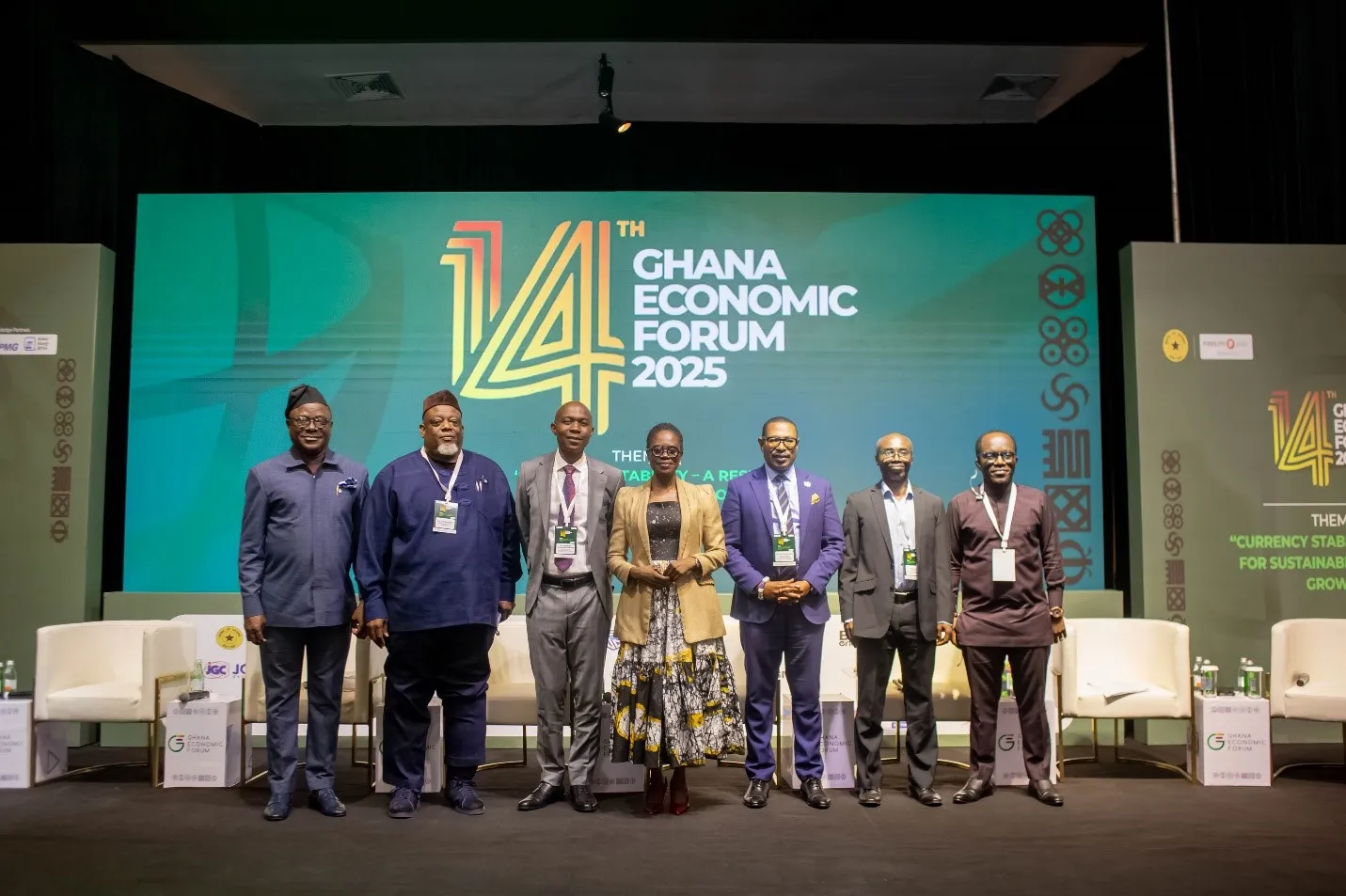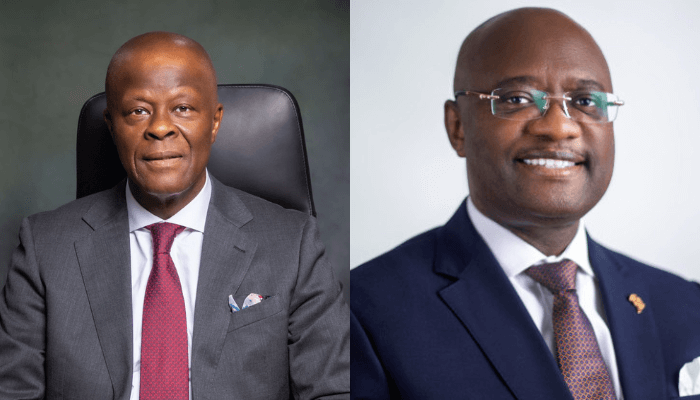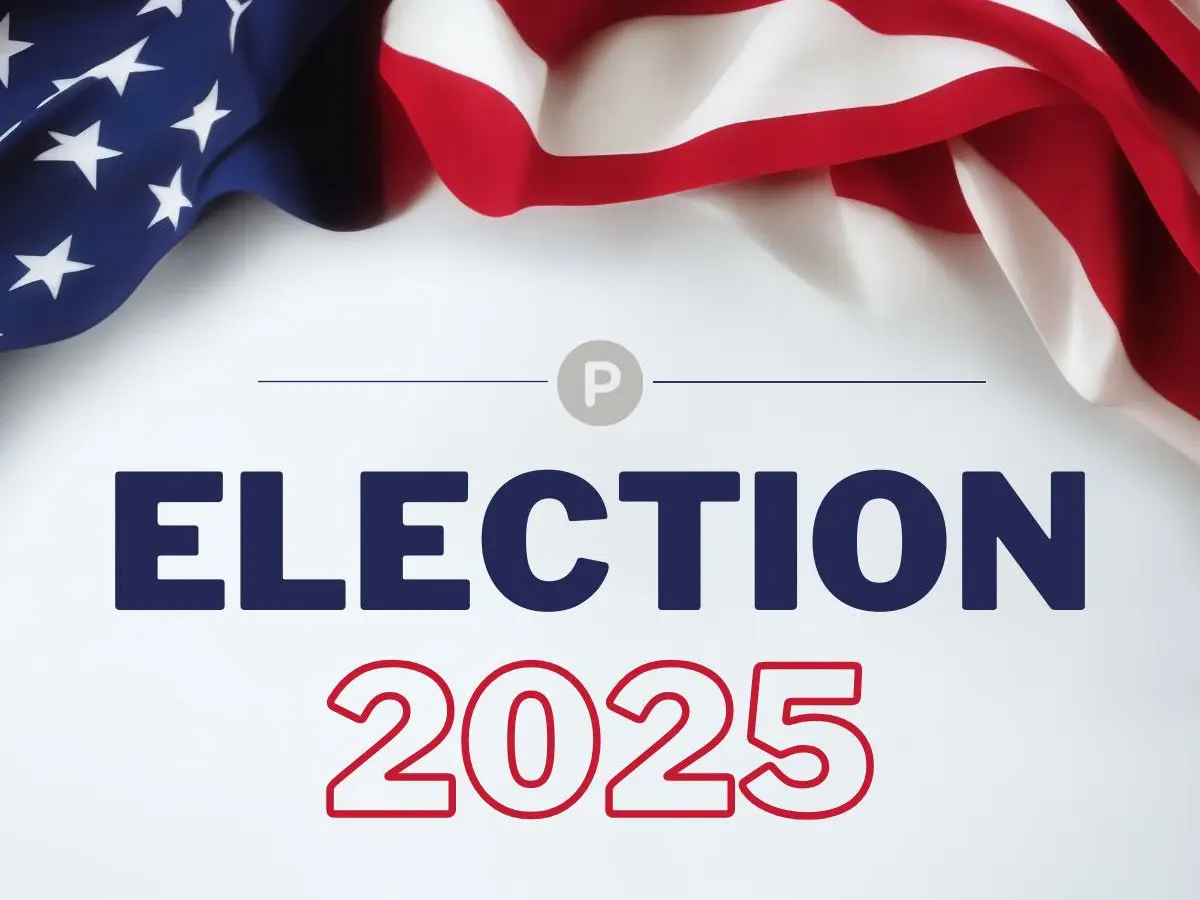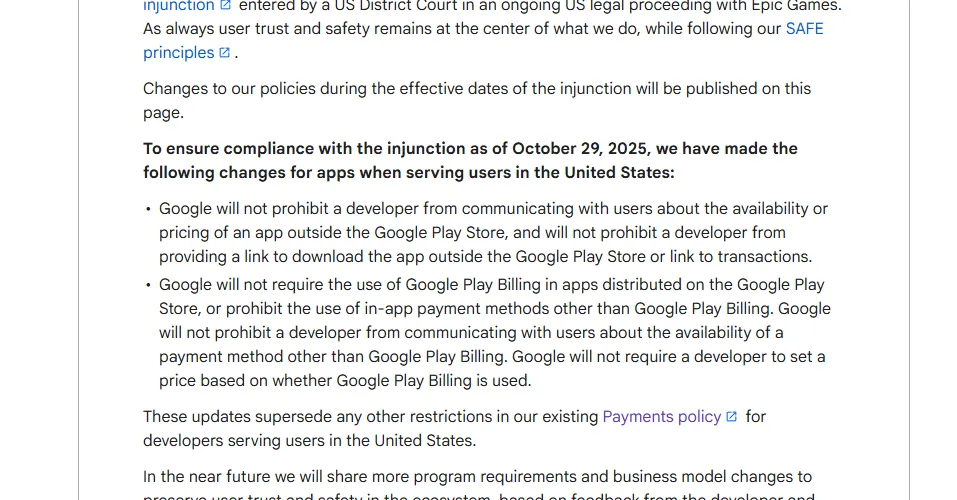Copyright thebftonline

By Paulette WATSON The 14th Ghana Economic Forum (GEF 2025), hosted by Business & Financial Times (B&FT), convened government, business, and thought leaders under the theme “Currency Stability: A Reset for Sustainable Economic Growth.” This year’s discussions marked a pivotal moment for Ghana, not only by assessing fiscal performance but also by charting the country’s path toward inclusive, innovation-driven resilience. As a global advocate for AI leadership and digital inclusion, I was particularly struck by how the themes of stability, structure, and strategy echoed the very principles driving digital transformation across Africa. The power of a stable currency Opening the forum, Dr Godwin Acquaye, CEO of B&FT, underscored a simple but profound truth: “When our currency is stable, businesses do better, investors stay and invest more.” The message resonated deeply. The Ghanaian cedi’s 37% appreciation has rekindled investor confidence, strengthening collaboration between finance, energy, and agribusiness. It has also catalysed a renewed focus on productivity, impact, and inclusive participation from both the private sector and the youth. Economic stability, much like data stability in AI, provides the foundation for growth and trust. When uncertainty decreases, innovation accelerates. Reforms as Data Infrastructure Throughout the sessions, policymakers and private sector leaders reiterated that structural reforms are the backbone of Ghana’s fiscal transformation. Vice President Prof. Nana Jane Opoku-Agyemang set the tone, emphasising the government’s commitment to “real value creation and macroeconomic stability through disciplined fiscal management, domestic value addition, and export diversification.” Panellists, including Prof. Patrick Asuming (University of Ghana Business School), Abena Amoah (CEO, Ghana Stock Exchange – GSE), and Humphrey Ayim-Darke (President, Association of Ghana Industries), echoed her call for fiscal discipline and data transparency. KPMG’s Mr Kwame crystallised the message in three key points: Build reserves to cushion against global volatility.Maintain fiscal management to ensure real value for money.Establish policy credibility by setting clear, measurable goals. These principles mirror the ethical foundations of AI governance, stability, transparency, and accountability essential to building systems that deliver equitable outcomes. My Question on Digital Finance and AI During the finance and innovation panel, I posed a question to Ms Abena Amoah, CEO of the Ghana Stock Exchange (GSE): “How is the Ghana Stock Exchange leveraging AI, data analytics, and fintech innovation to make investing more inclusive and accessible?” Her response demonstrated the GSE’s forward-thinking vision for the digital economy: “The Ghana Stock Exchange is actively developing its AI strategy, working with partners such as GCB Bank and MTN to enhance data-driven decision-making, improve access, and attract new classes of investors. We’re using analytics to understand investor behaviour and fintech tools to democratise participation, particularly for women and young people. Inclusion is the future of finance.” This commitment to AI and fintech innovation highlights Ghana’s capacity to lead in creating digitally inclusive financial markets, where stability fuels creativity and accessibility. From Mokola Market to Macroeconomics As the forum spotlighted structural reforms, I reflected on Ghana’s Mokola Market women, the informal economy’s unsung economists. They embody resilience, agility, and innovation in real time. Their informal trading systems, grounded in trust, adaptability, and shared accountability, mirror the qualities needed in formal markets. They are masters of supply chain management, risk mitigation, and micro-investment. If Ghana’s macroeconomic frameworks incorporated lessons from these market women, the results could redefine inclusive development. As I write in my book She Disrupts: A Black Woman’s Journey in STEM & AI Industries, innovation thrives where inclusion lives. Turning Dialogue into Accountability Dr Acquaye closed the event with a challenge: “Turning dialogue into accountability.” This call to action captures the essence of Ghana’s next chapter, one where bold idea must now translate into measurable action. In both AI and economics, accountability drives trust. Through my #BeMeDigitalInclusion initiative, which empowers one million African women and girls in AI, STEM, and Web3 careers, I’ve seen how stability, whether fiscal or digital, builds ecosystems that sustain transformation. As Ghana strengthens its currency, financial governance, and now its AI strategy through institutions like the GSE, it stands poised to lead a new era of growth, one defined by confidence, collaboration, and inclusion. When currency stability meets AI innovation, Ghana doesn’t just adapt to global change; it shapes it. Paulette is a Global AI & Digital Inclusion Strategist | Author of She Disrupts: A Black Woman’s Journey in STEM & AI Industries Founder, #BeMeDigitalInclusion | CEO, Academy Achievers



